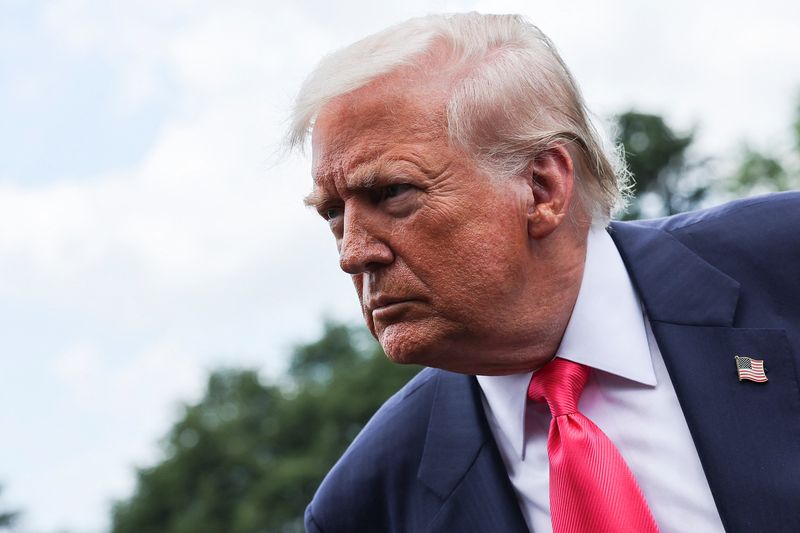US Tariffs to Rise as August 1 Deadline Approaches

Washington, Investing Update – Analysts at Piper Sandler warn that US tariffs are likely to spike in the coming weeks as the current administration struggles to finalize new trade deals before the hard August 1 deadline set by former President Donald Trump.
In a note to clients, strategists said that while some interim deals could be signed, many items will face significantly higher tariffs, especially if there is no breakthrough in multilateral trade negotiations.
Delay or rollback unlikely
Piper Sandler said the likelihood of a delay or a change in Trump’s tariff policy is low. On the contrary, recent signs suggest he is increasing pressure on trading partners to push for “reciprocal” deals.
But Washington's tough demands, including non-trade provisions such as defense spending, are complicating the negotiations, making it difficult for many partners to accept.
Indonesia deal: First sign of tariff hike
On Tuesday, Mr. Trump announced a new 19% tariff on goods from Indonesia, nearly double the current 10%. The move comes with a provision to punish "transshipment" of goods from China through Indonesia to avoid tariffs.
The administration also announced preliminary framework agreements with the UK, China and Vietnam, but analysts say many of the deals are still in the works, and there is no sign that a comprehensive trade package will be signed before the deadline.
Average Tariff Rate Could Increase Tenfold
According to the latest estimates from the Yale Budget Lab, if Trump’s tax policies are implemented as announced, the average US import tariff rate will rise to 20.6% – up from just 2–3% before he returned to politics in January.
This is a sweeping change in trade policy that could have far-reaching effects on consumer prices, import and export activities, and global market sentiment.
Financial Markets on High Alert
Investors still remember the sharp fluctuations in the stock and bond markets when Trump first proposed higher tariffs in April. Now, the financial world is carefully monitoring every move from the White House and the reactions from major trading partners.
Without flexibility or appropriate adjustments from both sides, the market is likely to witness a new period of global trade tensions and at the same time a major shift in international supply chains.
